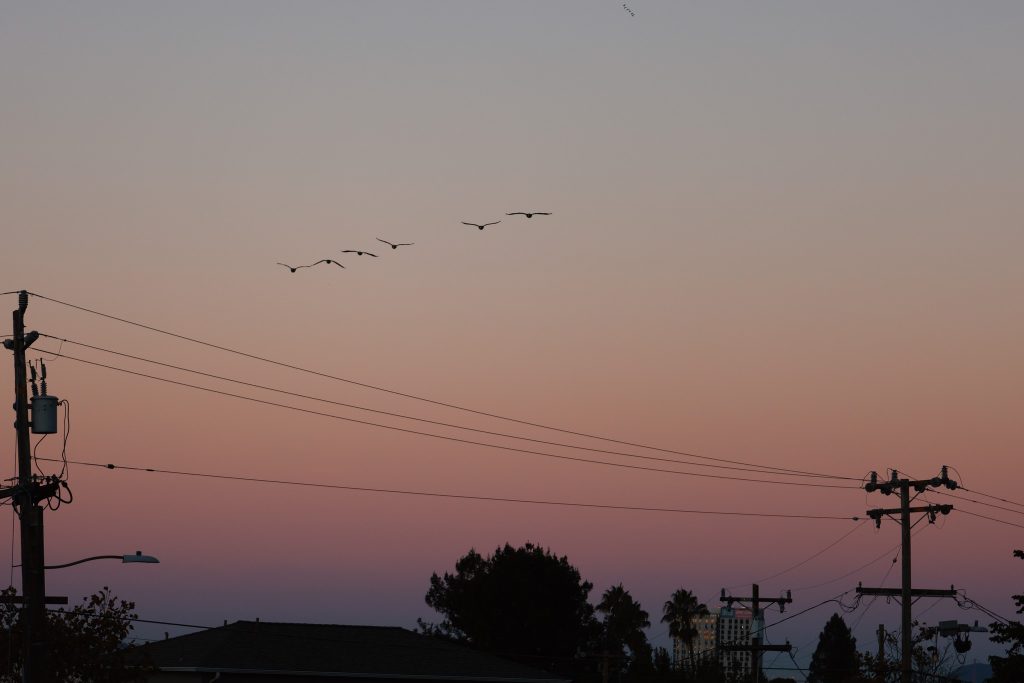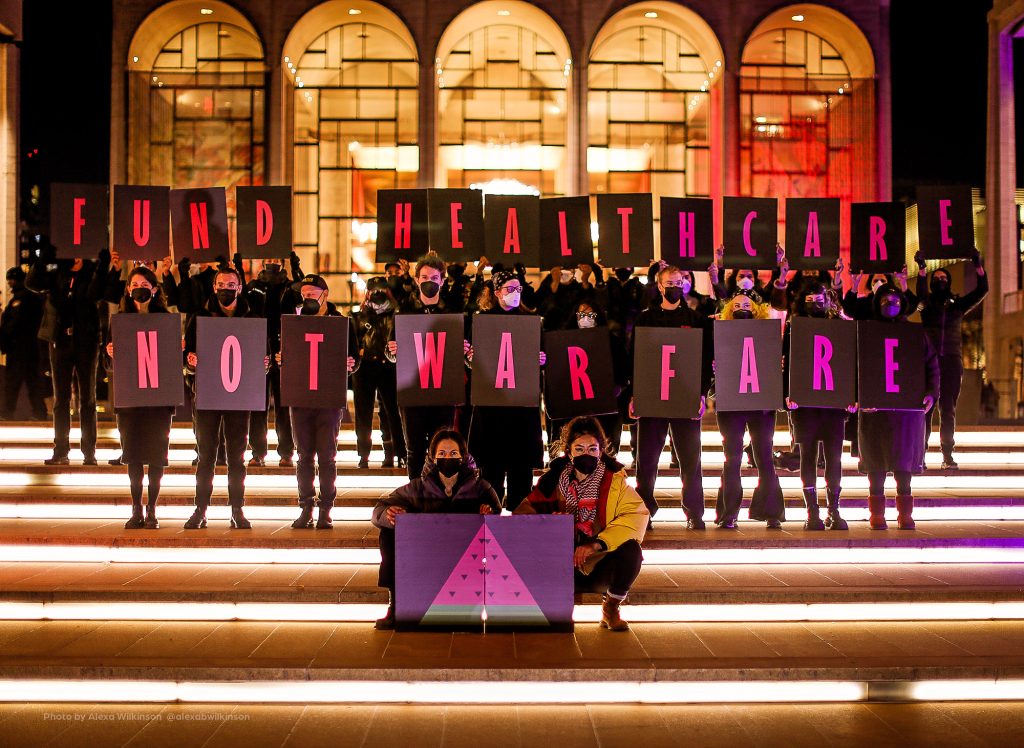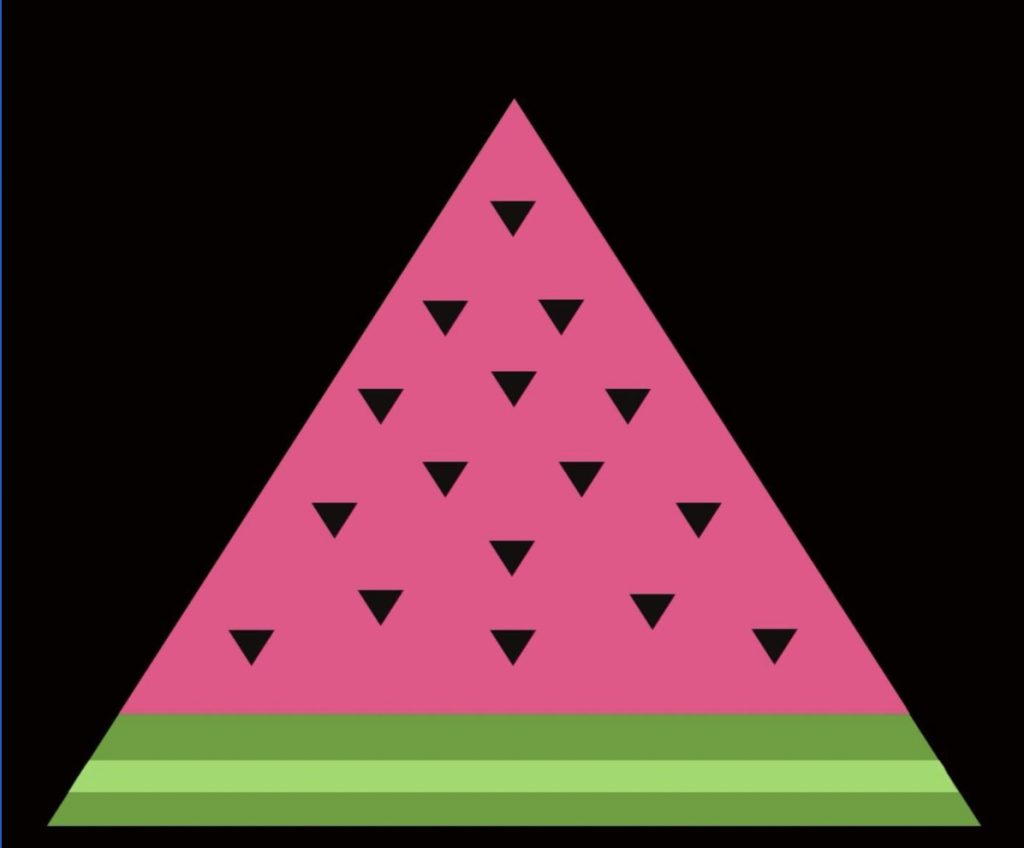
A birthday photo of the dawn in Oakland.
Human societies could learn something about tenderness from the sunrise.
There’s no avoiding that this period of time is not in the least celebratory. Dawn walks help me remember that these are not normal times – these are brutal times in which governments decide to achieve their aims through the breaking, shattering, crushing and dismembering of civilian bodies, whilst the global community does nothing. Each day arrives with news of more war crimes, and the UK government wastes its efforts seeking to ban protests for ceasefire, rather than summoning any political will to stop the killing.
Doctors without Borders are documenting what’s happening on the ground in Gaza – Israel’s carpet bombing of schools, bakeries, refugee camps, and the unbearably urgent need for care. Hospitals collapsing – many of them under intense bombardment and sniper fire. No fuel or food. Descriptions of children with serious burns and part amputations walking around in refugee camps with no running water. Operations and amputations happening without anaesthetic. Terrible videos of adults and children trapped under fallen buildings. Kids shivering in fear, being lifted out of rubble, injured bodies, limbless bodies, bodies that will never move again. Collective graves. Who can read about premature babies dying when the incubators fail as staff are driven out of the hospital by intense shell fire… who can read about any of this without feeling a huge, visceral NO.
The NO is real, and to be taken seriously. These are crimes against civilians that break international law. 4500 children dead.
One thing that comes of being born on the UK’s Remembrance Sunday is a curious association between birthdays and standing in solemn remembrance of the many who died in human conflicts – it leads me to connect celebration of the sweetness of life with a responsibility to value active remembrance. Not some dead ritual. Remembrance needs to feed what’s emerging. Whilst the UK debates whether protests should be allowed on Remembrance Day, it seems clear that actively demanding that civilians do not continue to die under heavy attack is a way to honour the memory of those who died violently in the last century. How can it can serve anyone’s memory to be silent to ongoing atrocities and violation? It’s just not reasonable to debate whether people can or can not protest, when the need is so palpable.
I’m grateful for the tender solidarities that do so much in bringing people together-grateful to stand in vigil this weekend, grateful for the HIV/AIDs activists on the steps of Lincoln Centre on the eve of the 25th annual World AIDS Day, healthcare advocates, and Palestine solidarity activists gathered to tell the US government:
“As Israel ruthlessly resumes its bombing of Gaza, backed by $14 billion in military support from the US government that is proposing nearly $1 billion in cuts to HIV funding, we cry out: FUND HEALTHCARE, NOT WARFARE!”
Act Up NY actupny.com/bds

It seems so simple what folk are saying. They are saying “Health care is a right!” They are saying people have inviolable rights – the right to live, the right not to be violated and dehumanised, the right to a life with conditions for joy, respect, family, to not exist under oppression, occupation, apartheid. As the U.S.-backed destruction of Gaza, including it’s entire health system, it’s Universities and places of learning, it’s places of culture and heritage, and it’s people.
The task is to collectively refuse the sick and utterly bad faith argument that claims the only way to bring back the hostages is to break vulnerable bodies with war machines. We need to powerfully refuse acquiescence to horrifying thinking. The cruelty of what is happening can not be normalised or accepted. What’s most important here is the lived experience of ordinary people enduring hell on earth.
Political leaders around the world have a duty to act against war crimes and the horrific scale of civilian death which can not be defended as proportionate. Civilians have a responsibility to demand their governments stand against crimes against humanity and they must take up the fiendishly difficult task of brokering ceasefire and making steps towards some kind of renewed peace process. The atmosphere is full of vicious logics, yet it simply has to be possible to be human and value freedom, to be uncertain, exhausted, pessimistic, suffering, and still stand together with other humans for life, for an end to violation, for lasting ceasefire, for unimpeded humanitarian response, for care and protection.
As Naomi Klein says – ”Side with the child over the gun every single time, no matter whose gun and no matter whose child.“
If we start from this ground then maybe we can remember to learn from the past, and the darkest nights, and notice the offers of dawn that opens like a door to a new day, and the vast spacious ocean with the birds flying over. Life is abundant with so many openings and other ways to live.
Meanwhile, aching with Mary Oliver’s words, shared recently by Natasha Lampard, that we seem collectively unable to look to the life-giving openings, and instead carry on down the very worst of paths.
Of the Empire We will be known as a culture that feared death and adored power, that tried to vanquish power, vanquish insecurity for the few and cared little for the penury of the many. We will be known as a culture that taught and rewarded the amassing of things, that spoke little if at all about the quality of life for people (other people), for dogs, for rivers. All the world, in our eyes, they will say, was a commodity. And they will say that this structure was held together politically, which it was, and they will say also that our politics was no more than an apparatus to accommodate the feelings of the heart, and that the heart, in those days, was small, and hard, and full of meanness. From her collection, Red Bird p. 46 Published by Beacon Press 2008 © 2008 by Mary Oliver
If you have the means, please donate today to Medical Aid for Palestinians (MAP):
https://www.map.org.uk/donate/donation-details/484
